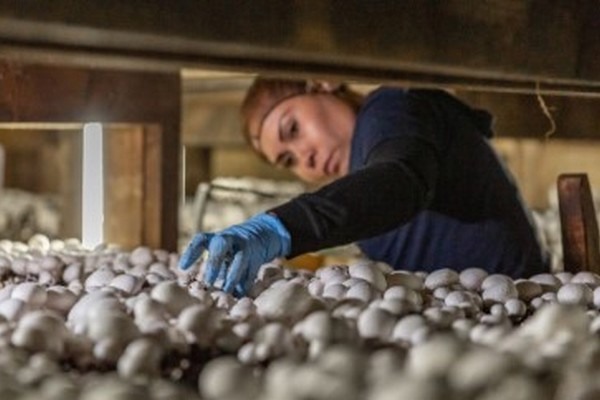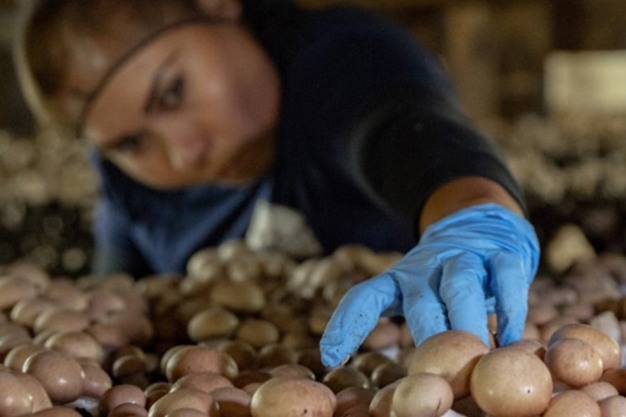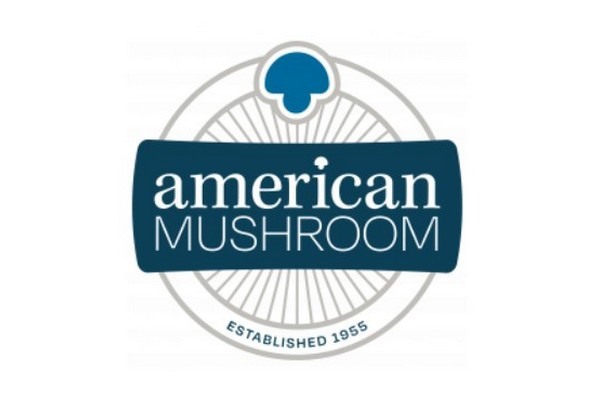Button mushrooms (Agaricus) continue to be the most familiar, widely planted and consumed in the U.S. but it is often the imported Enoki mushrooms from Asia that are recalled due to fungi-based issues. Rachel Roberts, President of the American Mushroom national industry association (AMI), says "There has never been a recall on fresh mushroom produced in the U.S. Enoki mushrooms produced in Asia that are exported to the U.S. are the sole source of recalls that occur in the U.S. related to fresh mushrooms sold here."

She explains that they work closely with the U.S. Food and drug Administration (FDA) to ensure accuracy in consumer information to make it clear that it is not fresh locally grown mushrooms being recalled. "AMI has worked closely with FDA to assure accuracy in consumer information regarding this - AMI and FDA agreed that FDA's announcements must be certain that in their recall language, the variety, Enoki, is specified rather than using the term specialty mushrooms, which inaccurately and negatively groups-in other varieties. Dried wood ear mushrooms, also imported from Asian producers, have also been recalled. Psylocibin products have also been recalled, but AMI does not have knowledge of whether production involved fungi-based or synthetic psylocibin"
AMI represents nearly 90 growers, which accounts for more than 90 percent of all U.S. commercial mushroom production. According to the recent USDA National Agricultural Statistics Survey (NASS), the industry includes more than 22 million square feet (about 204 hectares) of button mushroom beds. According to NASS, the volume of Agaricus in 2023-2024 was close to 660,000,000 pounds (about 2,990 tons).

"Button mushrooms - Agaricus- continue to be the most familiar mushroom for consumers, but more and more consumers are recognizing the versatility and different ways to use mushrooms, resulting in increased interest in specialty mushrooms like Shiitake, Maitake, Lion's Mane, and Oysters," states Roberts.
To meet this growing need most of these other types of mushrooms are imported into the U.S. market. "The Federal Trade Commission reports a variety of imported mushroom products, but in the case of fresh Agaricus, for the current year of 2024, ending in August—the last reported month to date—the U.S. has imported 51,855,532 kilograms."

The AMI does not talk about pricing, but Roberts confirms it is a healthy choice for consumers, suggesting it is gaining in popularity. "Mushrooms continue to be a healthy choice for consumers looking for a nutritious, plant protein to add to dishes from morning until night," concludes Roberts.
 For more information:
For more information:
Rachel Roberts
American Mushroom
Tel: +1 (610) 268-7483
[email protected]
www.americanmushroom.org
